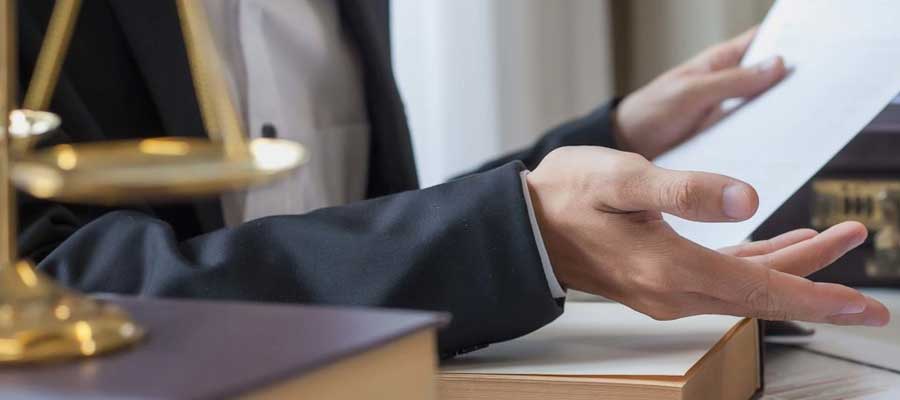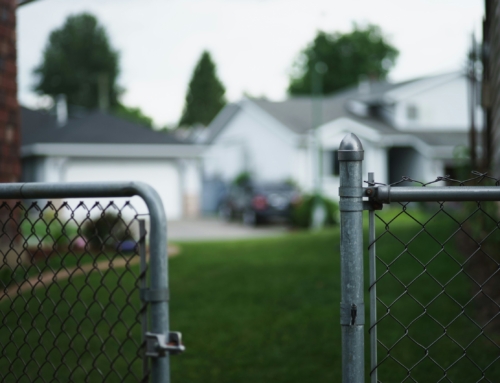The United States Supreme Court ruled unanimously on Monday, June 1 that you can no longer eliminate a second mortgage debt in a Chapter 7 bankruptcy
case with a motion to value the property that is being mortgaged. This decision changes what has been previously been bankruptcy law in Florida.
Now, Florida bankruptcy law and how bankruptcy attorneys look at helping people with real estate debt has changed. Before, if a person owned property, and that property was considered “underwater” taking account your first mortgage, your property had no equity and a person in a chapter 7 bankruptcy case could file a motion to value the property. Essentially, that person could eliminate the second mortgage’s debt on the property and get debt relief in order to get finances back on track.
Now, the highest court in the nation has decided n pertinent part that it is unfair to the creditor to eliminate their lien against the properties due to depreciating values in the current housing market. In summary, the court opined that if the property were to regain value (as they often due and are doing now), the creditor would not be allowed to receive any funds from a personal or foreclosure sale because the mortgage is “stripped” or eliminated forever in a bankruptcy. At
first glance, this decision seems to only apply to Chapter 7 bankruptcy cases and not to those individuals filing a Chapter 13 bankruptcy and seeking to modify a
mortgage. However, in the Southern District of Florida, at least one judge has already advised the bankruptcy bar that the Supreme Court opinion may also apply to Chapter 13 bankruptcy cases.
The difference with removing a lien in a Chapter 7 bankruptcy versus a Chapter 13 bankruptcy is that the creditors listed in a Chapter 13 bankruptcy still have a chance to recuperate some of the funds, by filing a proof of claim and listing the eliminated debt as an unsecured debt, when the second mortgage gets
eliminated. This is done through a Chapter 13 repayment plan where you pay your creditors, including those who have eliminated liens for a portion of what you owe during a period of 3-5 year period. To read the decision in its entirety, you can visit the Supreme Court’s website at: http://www.supremecourt.gov/opinions/14pdf/13-1421_p8k0.pdf






